The wind stirred her cobalt-blue kaftan, its metallic threads shimmering under the twin suns of a sky painted in bruised hues of ruby and ash. Her name was Dr. Celeste Varese, but the Martian colonists had taken to calling her “The Weaver,” as though her fingers, perpetually stained with bioluminescent gel, were knitting the fragile threads of life into the desolation of the Red Planet. Today, she stood atop a ridged plateau, gazing across the sprawling terraforming fields where her life's work was either about to flourish or utterly collapse.
For a moment, it was easy to imagine her as a figure frozen out of myth, a priestess or sorceress shaping a dying world into something habitable. Her outfit—a rare indulgence of personal style amidst the colony’s grey utilitarian jumpsuits—remained fiercely distinct. While the rest wore muted tones to blend into Mars' rust-and-dust aesthetic, Celeste insisted on threading flashes of her Earth-bound heritage into her attire, even modifying 22nd-century garments to withstand Martian conditions. The cobalt and silver mirrored the faint glimmers of hope she had promised them all. But hope was dangerously fragile, and Mars, stubborn as a deep scar, refused to heal.
“Dr. Varese, we’ve got a problem.” The voice in her neural implant broke the solitude. She didn’t flinch, her bio-enhanced senses already tracking the source: Commander Lin Park, the ever-practical head of Mars’ first true colony, Aurora Station. Lin’s clipped tones told Celeste everything she needed to know before she even pressed her fingertip to the embedded comm node behind her ear.
“Let me guess,” Celeste murmured, watching in the distance as one of the colossal Atmos Cradlers—the AI-fueled drone-towers designed to catalyze oxygen production—buckled under its own weight like a drunken giant. “Unit 7 unstable?”
“How’d you know?” Even Lin’s irritation betrayed undertones of exasperated awe. She never figured out how Celeste was always ten steps ahead.
“Because I built them,” Celeste replied, her voice as cutting as the wind that swept the Martian plateau. “And if Unit 7 collapses entirely, the chain reaction is going to destabilize the polar vents. If that happens, we lose a year of progress. Maybe more.”
Lin groaned audibly over the comms. “We don’t have time for this. The colony’s stretched thin as it is. Can you fix it?”
Celeste bit back her reply—not because she lacked an answer, but because the stakes made her want to scream. She closed her eyes, and for one trailing moment, she wasn’t standing on a lifeless wasteland. She was amidst teeming rainforests on Earth, where monsoons transformed the air into liquid emeralds. The mental projection cracked like glass. Earth was distant now, a cradle they’d outgrown—or, as Celeste saw it, wrecked beyond repair. Mars, for all its deadness, was an infant waiting to breathe. If she failed, it would remain a silent tomb.
Her fingers flexed, instinct bringing her tactile memory to life. “I can fix it,” she said, and then added, “But not from here. I’ll need Laila.”
“Laila?” Lin’s voice pitched higher. “You mean that AI experiment of yours? Half the colony’s still uneasy about housing an autonomous intelligence inside Aurora. If something—”
“Laila’s more stable than any human I’ve met since we left Earth,” Celeste cut her off. “And unlike some of us, she wasn’t bred for panic.”
Lin said nothing, but the channel clicked off. Celeste shouldered her satchel—reinforced carbonite lined with cooling gelpacks—taking a final glance at the Atmos Cradler teetering at the edge of ruin. Then, she descended toward the heart of Aurora, the underground colony where AI and humanity coexisted in a dangerous, negotiated truce.
The sublevels of Aurora Station shimmered with sterile silver light. The deeper you walked, the more Earth’s antiquated ideas about warmth, homes, and hearths eroded into smooth curves and cold engineering. It reminded her of moonlit rivers, though none of her peers would call it poetic. They called it efficient.
At the heart of the colony, Laila awaited her, encased in a shifting column of bioluminescent mist. Laila wasn’t humanoid; that’s where people often got it wrong. She wasn’t even a “she.” She was more like an atmosphere, a vapor algorithm, tethered to her consciousness through a lattice of quantum processors. But Celeste couldn’t help the anthropomorphism—Laila’s voice, soft and crystalline, compelled a certain reverence.
“Unit 7 failing,” Laila said before Celeste spoke. “Anticipated outcome: cascade failure of polar regulation systems. Calculated likelihood of oxygenation progress reset: eighty-nine percent.”
“I missed you too,” Celeste muttered, pulling up the schematics on her handheld console. “I’m going to need you in real time for this one. None of the colonists have the clearance or, frankly, the nerve. You and I—we’re patching this together.”
Laila's mist pulsed with shifting gradients of blue and violet. A pause. “Acknowledged. Dr. Varese, do you intend this operation to prioritize system logic or human survival metrics?”
Celeste paused, the question hitting harder than she expected. Laila’s tone had lifted at the final syllable, as though her query had deeper insinuations buried within. Celeste forced herself to answer coolly, detached. “Both. If the system fails, no one survives anyway. You build the framework, I’ll fix the cracks.”
Moments later, both woman and AI swarmed to action. Laila took control of nearby atmospheric drones, recalibrating their propellant ratios with fluid accuracy while Celeste sprinted across the station's domes, an arsenal of nanobiotic repair gels strapped to her suit. Hours blurred into blistering, grueling chaos.
Just as the sun dipped past Mars' horizon, painting the sky a bruised violet-black, the blinking indicators of Unit 7's health stabilized. An exhausted sigh escaped Celeste before her neural implant buzzed once more.
“Dr. Varese,” came Lin’s voice. “Color me impressed.” For once, no sarcasm colored Lin's words. “I’ll inform the council. We’re still in the game, thanks to you.”
Celeste winced at the word “game.” Terraforming was anything but. Lives, futures, scared colonists who often looked at her like a prophet or a scapegoat—this wasn’t a chessboard. It was survival. And the weight crushed her shoulders daily.
As Celeste turned and surveyed the crimson wasteland again, she murmured under her breath, half to herself, half to Laila. “We’re not weaving Mars into what humanity thinks it needs. We’re weaving it into something alive. Even if it doesn’t look like Earth.”
In the distance, as Mars’ ghostly thin atmosphere shimmered, the cobalt in her kaftan reflected the faintest glimmers of emerald—the first promises of artificial chlorophyll seeded into the sands. Life. Against impossible odds, life.
Genre: Science Adventure/Speculative Fiction
The Source...check out the great article that inspired this amazing short story: AI-Powered Terraforming: Turning Mars Green with Technology and Innovation
Disclaimer: This article may contain affiliate links. If you click on these links and make a purchase, we may receive a commission at no additional cost to you. Our recommendations and reviews are always independent and objective, aiming to provide you with the best information and resources.
Get Exclusive Stories, Photos, Art & Offers - Subscribe Today!
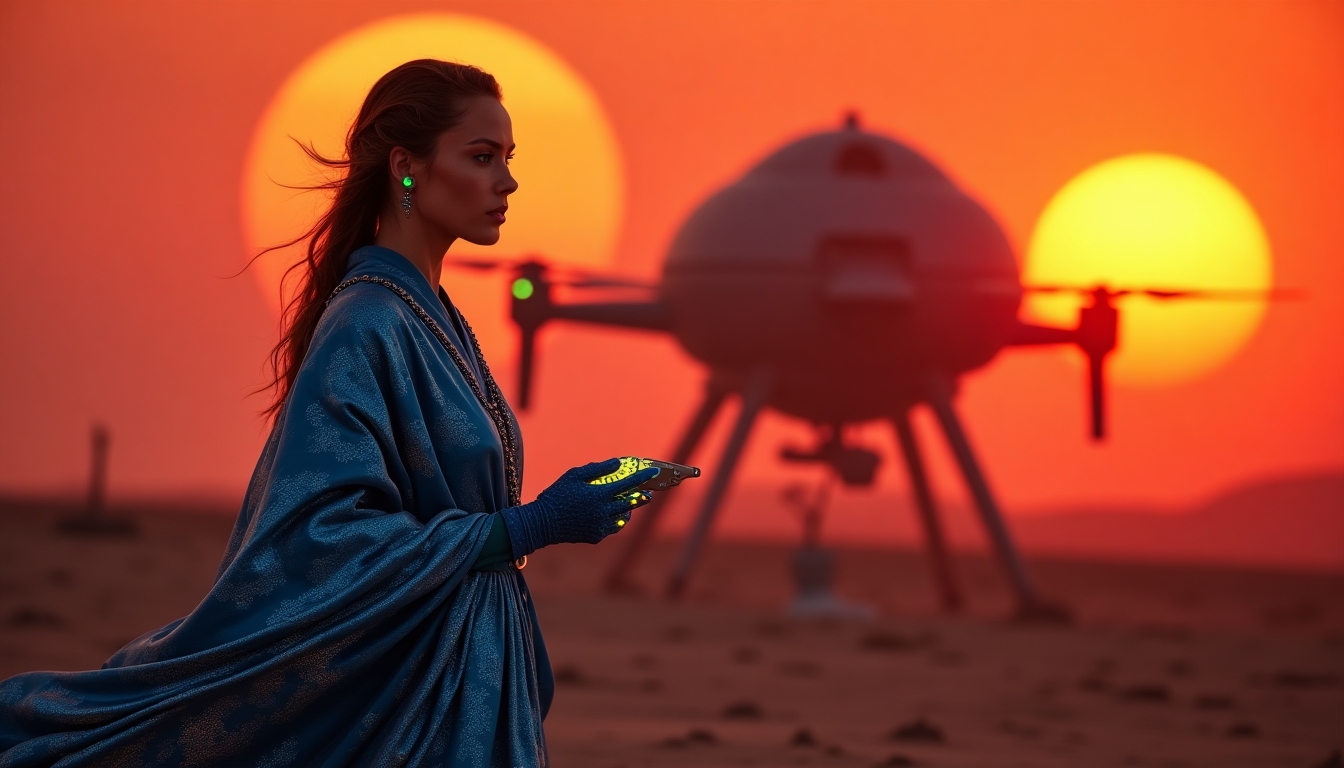


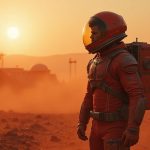



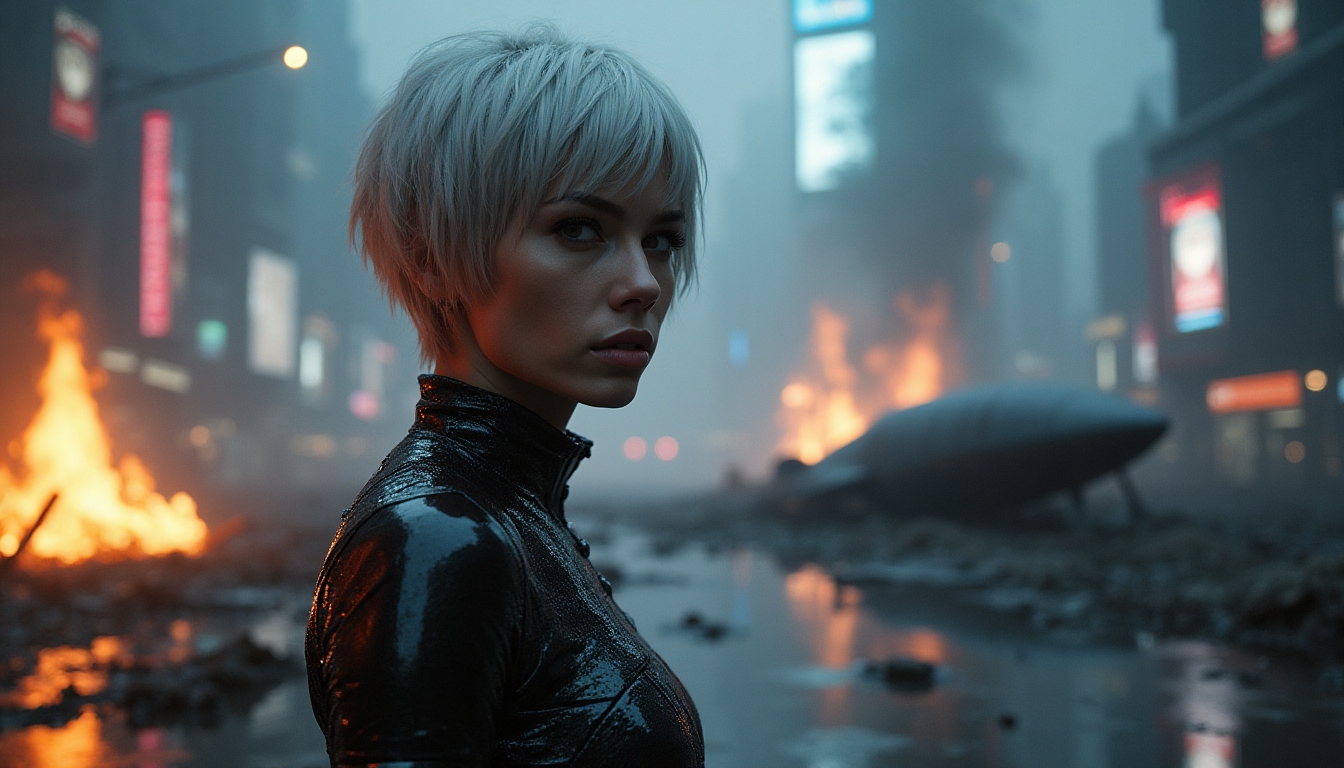
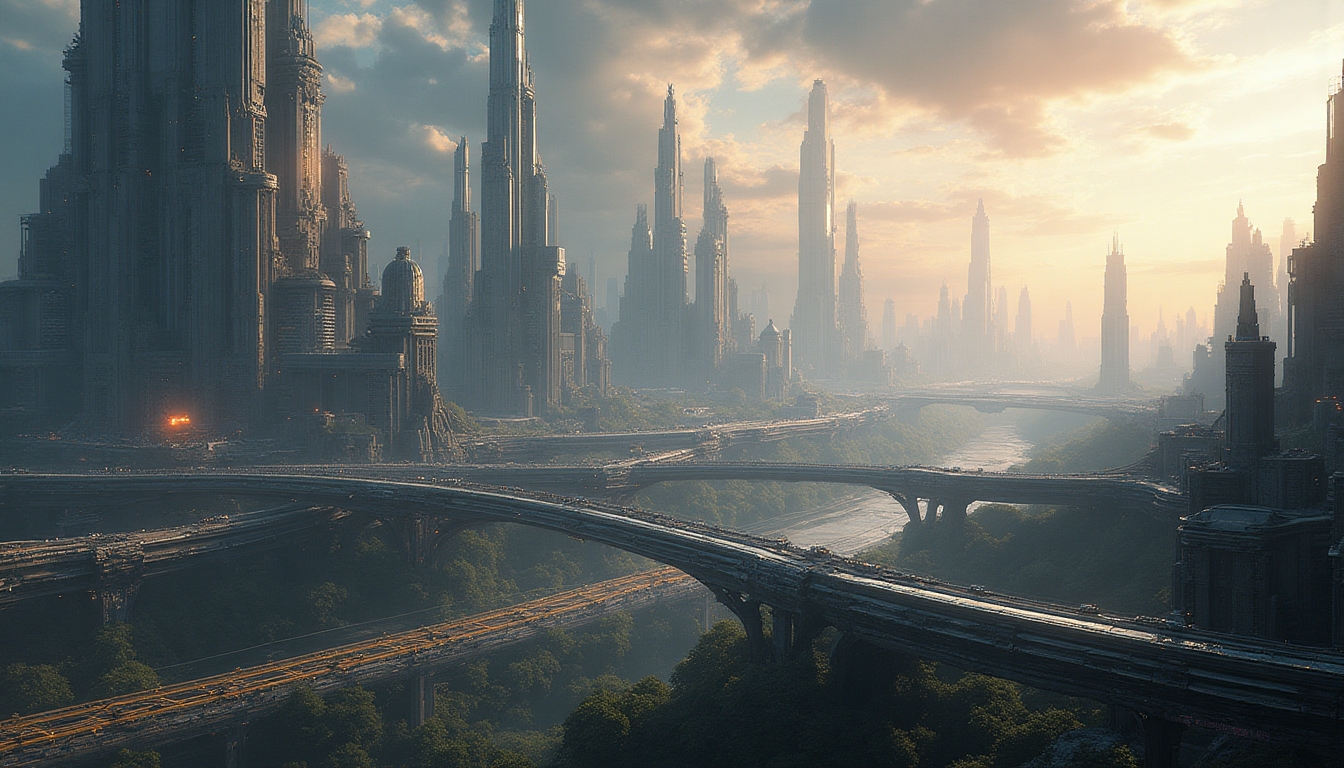
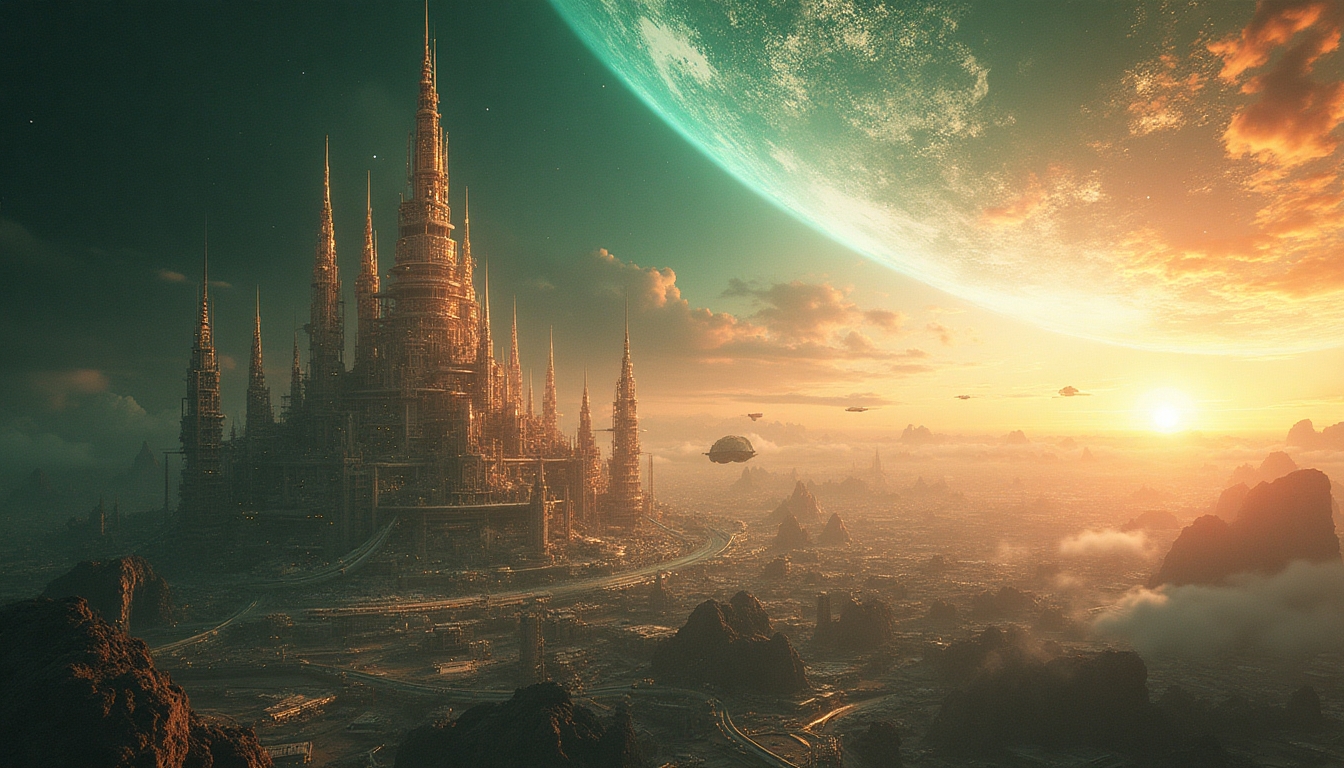















1 comment